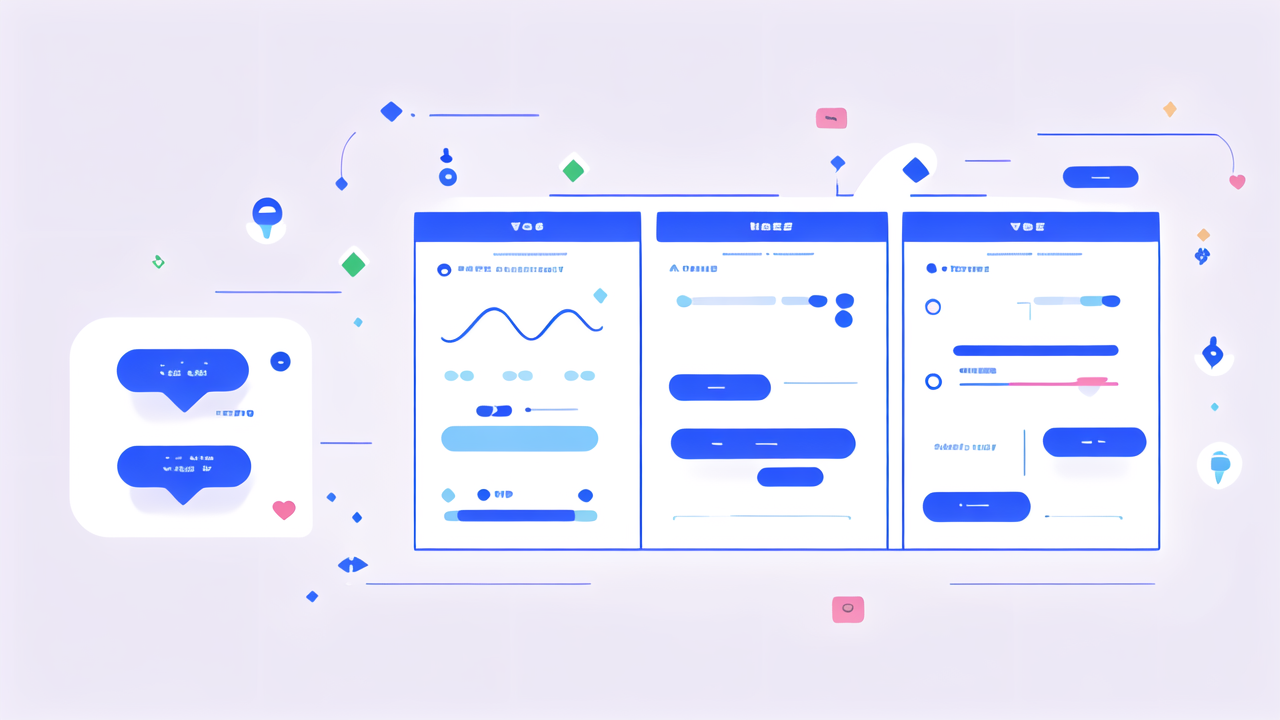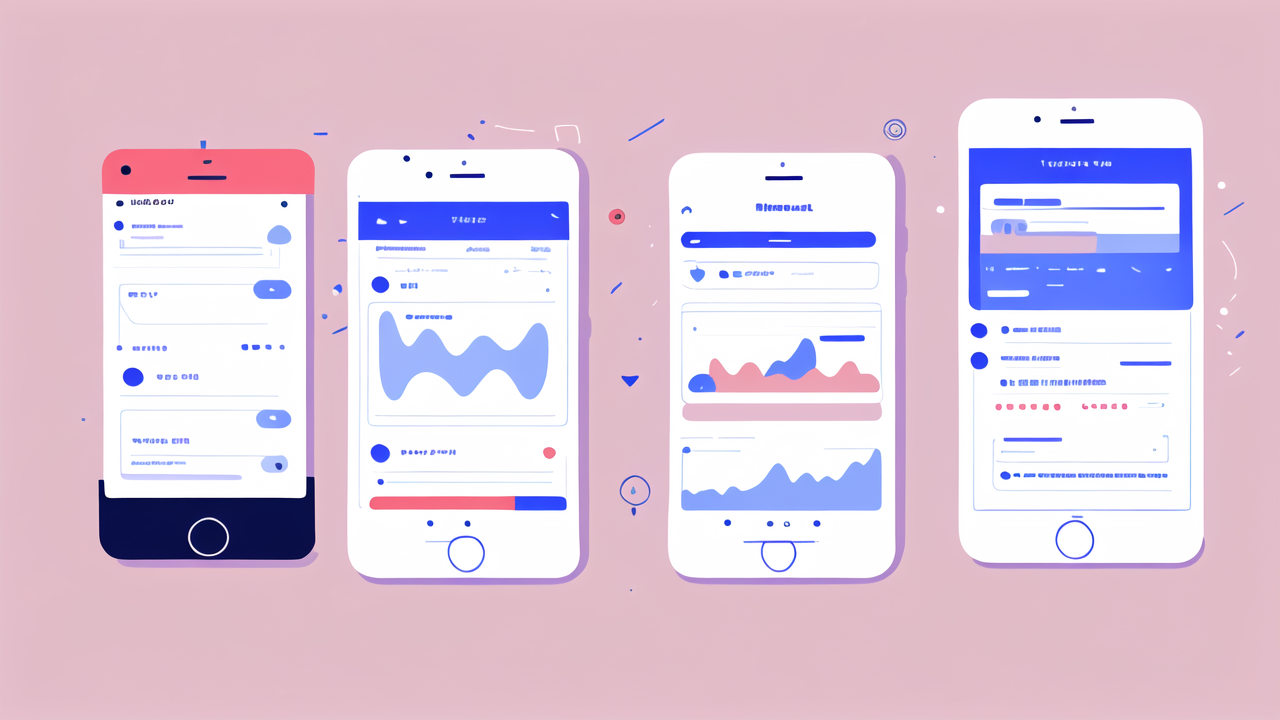Understanding the Importance of Health Tracking
The Role of Measurement in Preventive Healthcare
Health tracking plays a crucial role in preventive healthcare. It helps us monitor our well-being and spot potential issues early. By measuring key health metrics regularly, we can take proactive steps to maintain our health.

Regular tracking allows us to:
- Identify trends in our health over time
- Detect early warning signs of health problems
- Make informed decisions about our lifestyle choices
- Communicate more effectively with healthcare providers
Measurement tools give us concrete data about our health status. This data empowers us to take control of our well-being and make positive changes.
Why Tracking Your Health Metrics Can Lead to Better Results
Tracking health metrics can significantly improve your overall wellness. It provides motivation and accountability for reaching your health goals. When you see your progress in numbers, it's easier to stay committed to healthy habits.
Benefits of tracking health metrics include:
- Increased awareness of your body's needs
- Better understanding of how lifestyle choices affect your health
- Ability to set realistic and achievable health goals
- Improved communication with healthcare professionals
By consistently tracking your metrics, you can make data-driven decisions about your health. This leads to more effective strategies for improving your well-being.
The Basics of Health Tracking for Consumers
Getting started with health tracking is simpler than ever. Many consumer-friendly devices and apps are available to help you monitor various aspects of your health.
Key metrics to track include:
- Weight and body composition
- Heart rate and blood pressure
- Sleep patterns and quality
- Physical activity and steps taken
- Calorie intake and nutrition
Begin by choosing one or two metrics that align with your health goals. Gradually add more as you become comfortable with the tracking process. Consistency is key in health tracking, so make it a part of your daily routine.
Choosing the Right Health Tracking Tools
Selecting a Body Measurement Tracker: A Buyer's Guide
Choosing the right body measurement tracker is crucial for effective health monitoring. Consider these factors when selecting a device:

- Accuracy: Look for devices with proven accuracy in measurements.
- Ease of use: Choose a tracker that's simple to operate and understand.
- Data sync: Ensure the device can easily sync data with your smartphone or computer.
- Battery life: Opt for trackers with long battery life for consistent use.
- Features: Decide which metrics are most important for your health goals.
Popular types of body measurement trackers include smart scales, fitness watches, and dedicated health monitors. Research different brands and read user reviews before making a purchase.
The Best Health Tracking Apps and Devices on the Market
The market offers a wide range of health tracking apps and devices. Here are some top-rated options:
Apps:
- MyFitnessPal: Great for tracking nutrition and exercise
- Sleep Cycle: Monitors sleep patterns and quality
- Apple Health: Comprehensive health data aggregator for iOS users
- Google Fit: Android-friendly app for tracking activity and wellness
Devices:
- Fitbit Charge 5: All-around fitness tracker with advanced health monitoring
- Apple Watch Series 7: Versatile smartwatch with extensive health features
- Withings Body+ Smart Scale: Measures weight, body composition, and more
- Oura Ring: Focuses on sleep tracking and recovery metrics
Choose a combination of apps and devices that best suits your needs and lifestyle.
Tips for Managing and Interpreting Health Data
Managing and interpreting health data can be overwhelming. Here are some tips to help you make sense of your metrics:
- Set baseline measurements: Establish your starting point for each metric.
- Look for trends: Focus on long-term changes rather than daily fluctuations.
- Use visualizations: Many apps offer graphs to help you understand your data.
- Set realistic goals: Use your data to create achievable health targets.
- Consult professionals: Share your data with healthcare providers for expert insight.
Remember, health data is a tool to guide your wellness journey. Don't obsess over small changes. Instead, use the information to make informed decisions about your health.
Advanced Strategies for Health Tracking
Leveraging Technology for Comprehensive Health Monitoring
Advanced health tracking goes beyond basic metrics. It involves using technology to gain a holistic view of your health. Here's how to leverage tech for comprehensive monitoring:

- Integrate multiple devices: Combine data from various trackers for a complete picture.
- Use AI-powered analysis: Some apps offer insights based on your data patterns.
- Explore genetic testing: DNA tests can provide personalized health recommendations.
- Try wearable ECG monitors: These devices can track heart health in real-time.
- Consider continuous glucose monitors: Even for non-diabetics, these can offer valuable insights.
By embracing these technologies, you can create a more detailed and personalized health profile. This comprehensive approach allows for better-informed decisions about your wellness.
Integrating Health Tracking with Lifestyle and Wellness Goals
To maximize the benefits of health tracking, integrate it seamlessly into your lifestyle. Here's how to align tracking with your wellness goals:
- Set SMART goals: Use your data to create Specific, Measurable, Achievable, Relevant, and Time-bound objectives.
- Create a holistic plan: Combine nutrition, exercise, and sleep data to form a balanced approach.
- Use reminders and alerts: Set up notifications to keep you on track with your goals.
- Join online communities: Share experiences and tips with others using similar tracking tools.
- Regularly review and adjust: Analyze your progress and modify your goals as needed.
Remember, health tracking is a means to an end, not the end itself. Use it as a tool to support and enhance your overall wellness journey.
The Future of Health Tracking: Trends and Predictions in the United States
The future of health tracking in the U.S. looks promising and innovative. Here are some trends and predictions:
- Increased integration with healthcare systems: More doctors may use patient-tracked data in treatment plans.
- Advanced wearables: Expect devices that can monitor more complex health markers, like stress hormones.
- Personalized AI health assistants: AI may provide tailored health advice based on your data.
- Focus on mental health tracking: Tools for monitoring mood and stress levels may become more prevalent.
- Emphasis on preventive care: Health tracking may play a bigger role in preventing chronic diseases.
As technology advances, health tracking will likely become more accurate, comprehensive, and integrated into daily life. This evolution could significantly impact how Americans approach their health and wellness.




Leave a comment
This site is protected by hCaptcha and the hCaptcha Privacy Policy and Terms of Service apply.